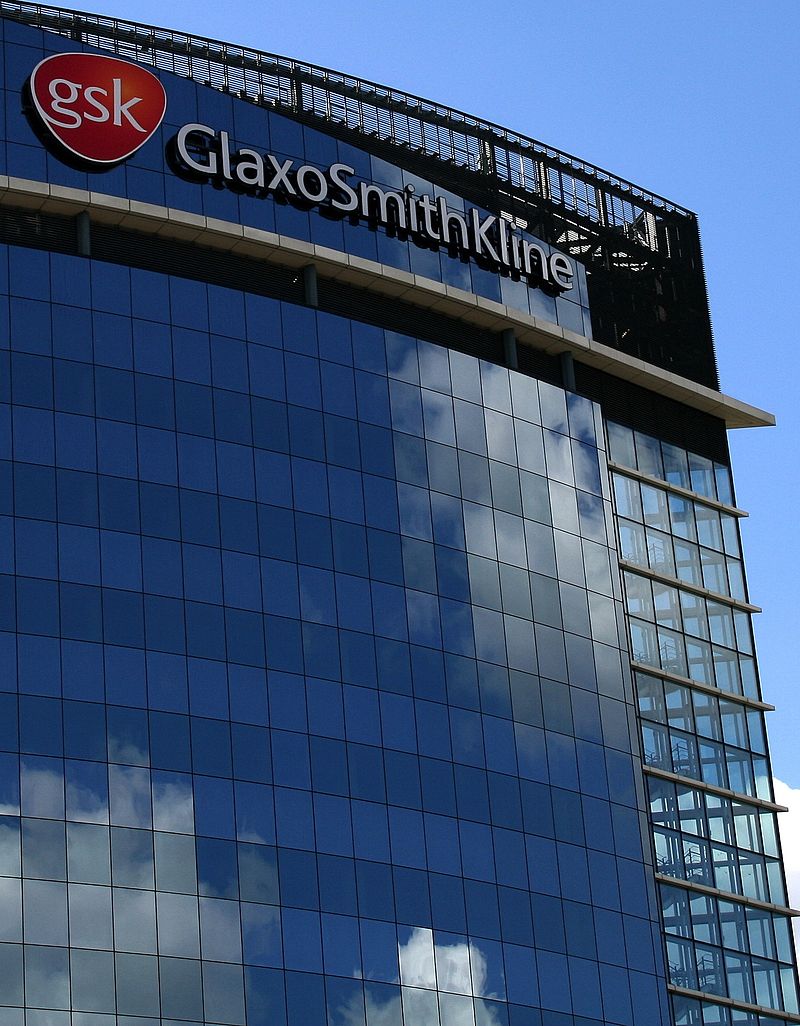
GSK swallows Tesaro in US$5.1bn deal
GlaxoSmithKline said it will pay $75 per share in cash to take over US oncology player Tesaro, whose FDA-approved DNA repair blocker nirparib (Zejula) made only US$166m in sales in Q1-3/2018.
In 2014 GlaxoSmithKline handed its oncology portfolio to Novartis in a US$16bn deal. Though the take-over appeared like a reentry the highly competitive and lucrative oncology/immune-oncology field it was acutually not as GSK begun much earlier to reactivate its oncology-related R&D spendings, capabilities and staff. Actually, the British drug maker never made public which programmes were transfered to Novartis.
With the Tesaro acquisition, GSK expands its engagement in oncology. Besides its first PARP blocker, GSK has baged the PD-1 blocker dostarlimab (TSR-042), currently being tested in several Phase I studies along with antibodies targeting TIM-3 (TSR-022) and LAG-3 (TSR_033) and undisclosed immuno-oncology programmes in discovery stage.
Zejula, is not the first PARP1/2 inhibitor that got FDA approval (March 2017) as second line treatment for ovarian cancer. But it is the first whose approval was not limited to germline BRCA mutations as those of competitiors. In 2014 AstraZeneca’s olaparib (Lynparza) got the green light in BRCA1/2-positive ovarian cancer, in 2018 its label was expanded to breast cancer. Two other PARP inhibitors target the population of ovarian cancer patients with BRCA1 mutations: talazoparib (Talzenna) from Pfizer and rucaparib (Rubraca) from Clovis Oncology.
GSK stated it wants to expand Zejula’s label to the first-line setting in the population of ovarian cancer patients with a defect in homolous recombination DNA repair, which is estimated to be severalfold larger than the BRCA-positive population. The company is expected to present headline results in H2/2019. It also runs monotherapy studies in other indications, including lung, breast and prostate cancer.


 Brainomix
Brainomix BioNTech SE
BioNTech SE